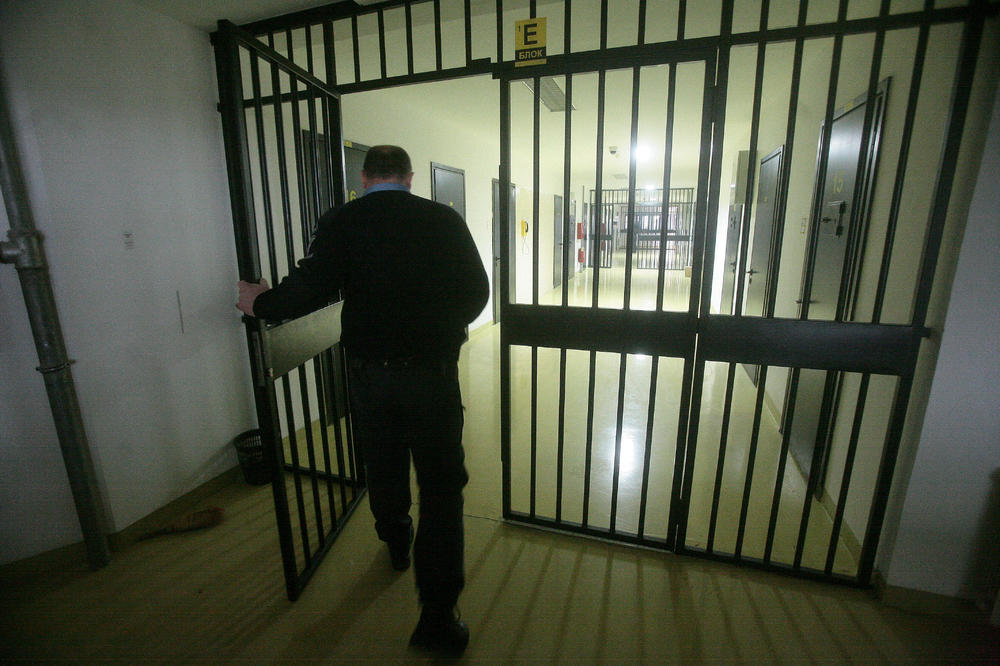Reentering society after spending time in a federal prison camp can be an overwhelming experience. The journey of reintegration is often riddled with challenges, not least of which is the stigma that comes from having a criminal record.
This stigma can manifest itself in various ways—be it in the job market, social circles, or everyday interactions—creating barriers that make it difficult to move forward. However, while the weight of societal judgment may feel like a heavy burden, it is important to remember that overcoming this stigma is not only possible but also a crucial step towards reclaiming your identity and building a fulfilling life.
In this article, we will explore practical tips and strategies to help you navigate the complexities of stigma, enabling you to embrace your past while forging a brighter future. Read on to discover how to transform challenges into opportunities for growth and resilience.
Understanding Stigma: The First Step to Overcoming It

Understanding stigma is essential for anyone navigating life after a federal prison camp; it acts as a heavy cloak, shrouding individuals in unwarranted shame and fear. This complex social phenomenon isn’t merely about perceptions; it weaves through the fabric of society, influencing personal relationships, employment opportunities, and self-identity.
Recognizing the roots of stigma—often rooted in misunderstanding and prejudice—can be the first step toward dismantling it. It’s imperative to confront these feelings head-on, acknowledging the pain associated with past experiences while also embracing the possibility of renewal.
In this journey, education becomes a powerful tool; sharing stories can create connections, help dispel myths, and foster empathy, ultimately paving the way for transformation. By understanding stigma, one can start to reclaim their narrative—transforming isolation into engagement, and shame into a source of strength.
Building a Support Network: Connecting with Understanding People

Building a support network is essential for anyone navigating life after a federal prison camp, as it provides a vital foundation for personal growth and reintegration into society. Start by reaching out to those who understand your journey—whether they are fellow former inmates, family members, or dedicated support groups.
Engaging in conversations with individuals who have faced similar struggles can foster a sense of camaraderie, allowing for the sharing of experiences that often feel isolating. Look to local community centers, rehabilitation programs, and online forums to connect with others.
Remember, your network doesn’t have to be large; sometimes, just one or two compassionate individuals can make a world of difference. As you form these connections, share your hopes and challenges openly, nurturing relationships that not only support you emotionally but also provide practical advice and encouragement as you rebuild your life.
Reframing Your Narrative: Embracing Your Story

Reframing your narrative is a powerful step in transforming the stigma of your past into a testament of resilience and growth. Each experience, no matter how challenging or painful, contributes to the rich tapestry of your story—one that deserves to be told with authenticity and pride.
Begin by reflecting on the lessons learned during your time in the federal prison camp; perhaps it taught you strength where you thought there was none or revealed the depth of your support network. Rather than viewing your history as a burden, see it as a unique perspective that can inspire others and foster connection.
Share your journey openly, embracing vulnerability, for it is in these shared stories that bridges of understanding can be built. Remember, your narrative is no longer defined by where you’ve been, but by the incredible person you’re becoming.
Conclusion
In conclusion, overcoming stigma after serving time in a federal prison camp is a challenging journey that requires resilience, support, and a proactive approach. It’s essential to address societal perceptions head-on, fostering open dialogue and education to combat lingering stereotypes.
For individuals, particularly black men who may face compounded challenges due to racial biases, embracing personal growth and building a strong support network can make a significant difference. By focusing on rehabilitation, pursuing positive opportunities, and demonstrating commitment to change, former inmates can gradually reshape their narratives and contribute positively to their communities.
Ultimately, collective efforts to challenge stigma will pave the way for a more inclusive society, where everyone has the chance to rebuild their lives after incarceration.




